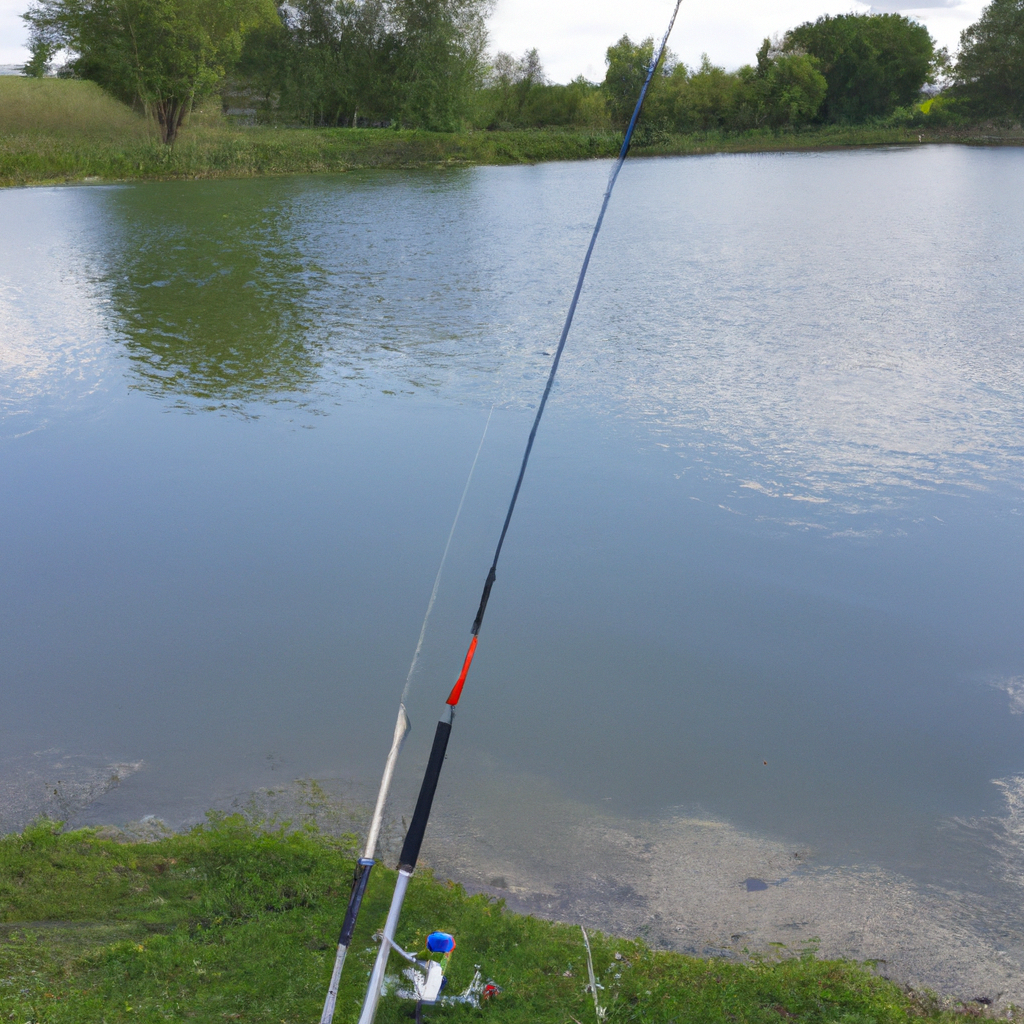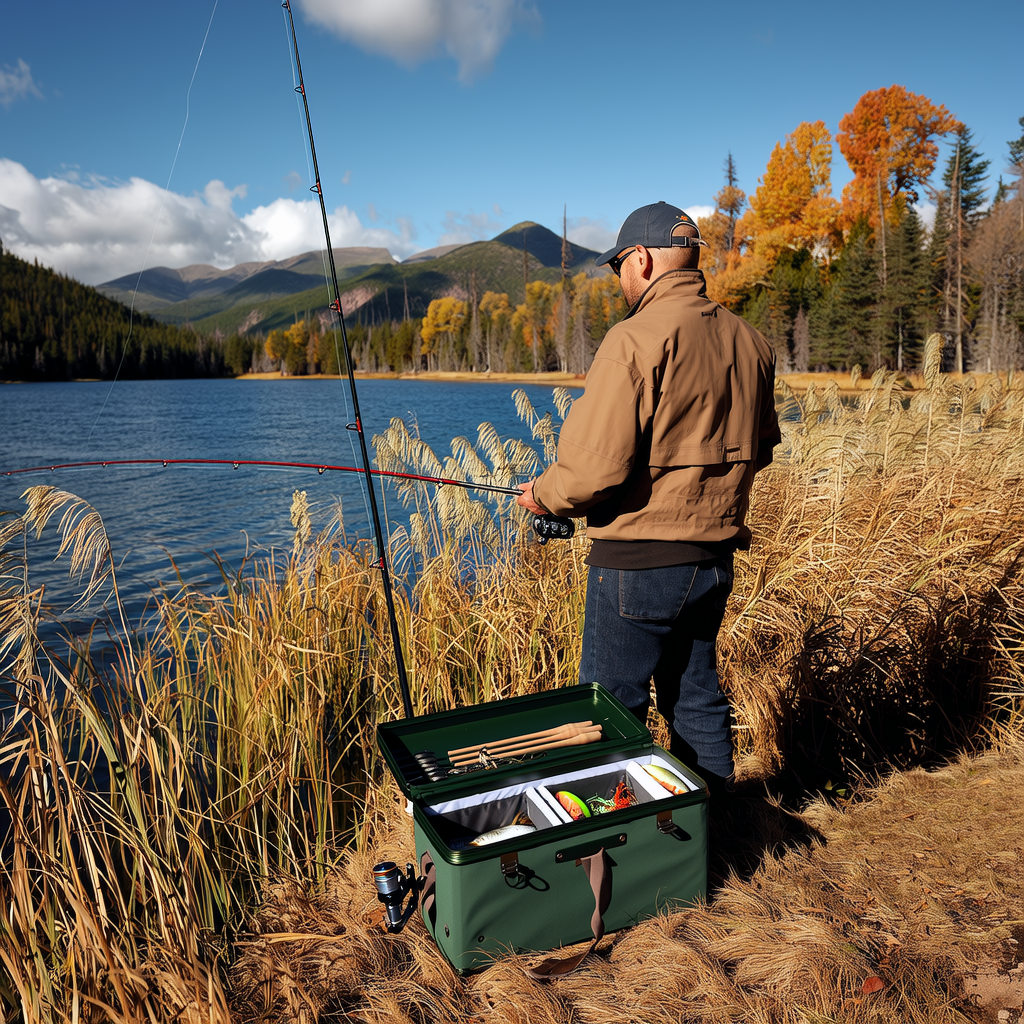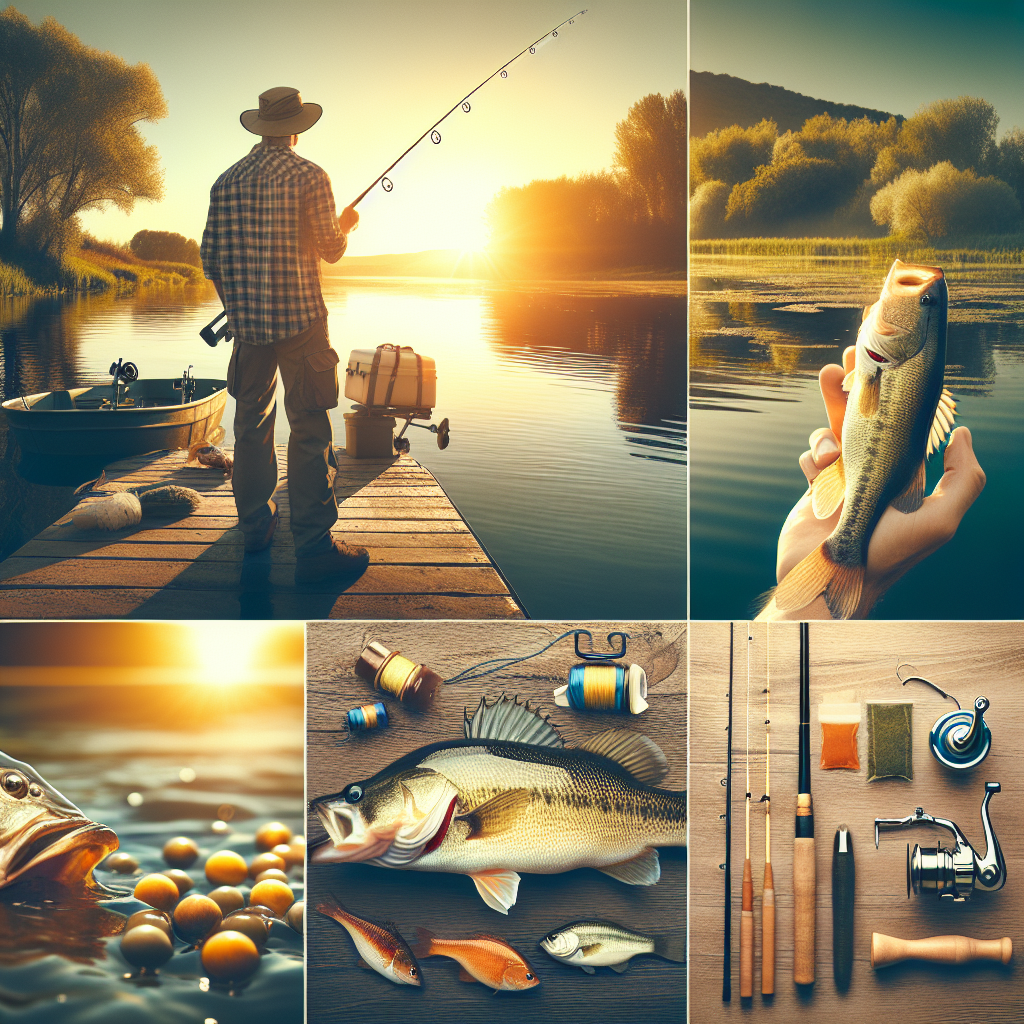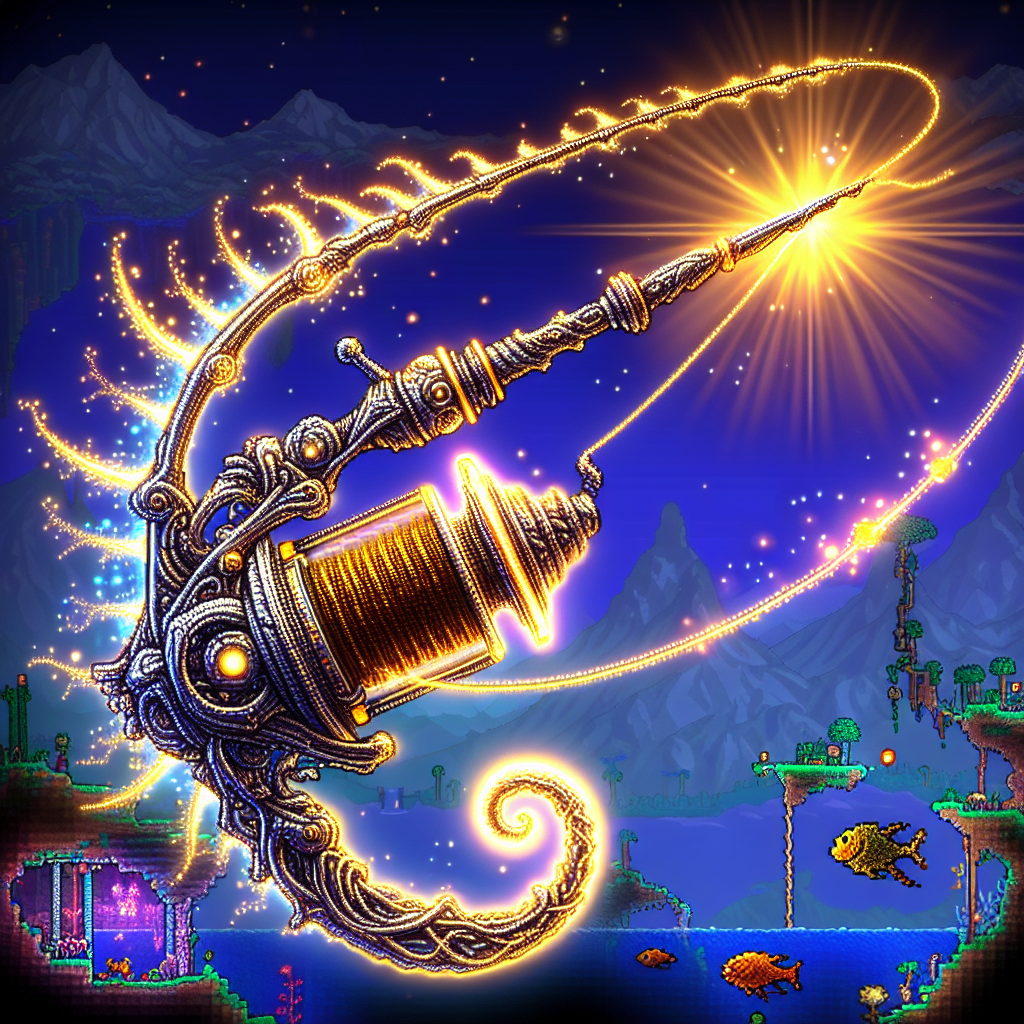Fishing is an excellent way to enjoy nature and spend time outdoors. A pond is a great place to fish because of its calm waters, diverse marine life, and beautiful surroundings. Fishing at a pond is different than fishing in other bodies. If you want to be successful on a fishing trip, you must know how to select the right equipment, bait and location as well as how read the weather and water condition. This article will give you some tips and tricks to help you catch more fish at a pond and have a memorable fishing experience.
1. Select the Right Equipment
The equipment you use is one of the most critical factors in determining your success when fishing at a pond. You don’t have to buy the most expensive or sophisticated equipment, but you do need to ensure that it is suitable for fishing at a pond. Ponds are generally shallow and small bodies of water. Here are some tips on choosing the right gear:
Rod and Reel
Depending on your skill level and preference, you can choose between a spinning rod and reel or a baitcasting one for pond fishing. Ensure that the rod you choose is flexible, light, and sensitive enough to detect even the slightest nibble of the fish. The reel should be easy to handle and smooth, with a good system of drag to control the fish.
b. Line
The fishing line is an important part of your gear as it determines the distance and accuracy you can cast. You can use monofilament, braided, or fluorocarbon line for pond fishing depending on the type and conditions of the water. Monofilament lines of 6-8 pounds are suitable for most pond-fishing situations.
Hooks and Lures
The type of bait and species of fish you are targeting will determine the hook and lure you choose. Smaller hooks (sizes 6-10) are generally better for pond-fishing, as they are less noticeable and allow the bait to be swallowed more easily. You can use many lures depending on the fish you are after and the clarity of the water.
2. Choose the Right Bait
Pond fishing requires the use of the right bait, as fish are more selective and cautious in ponds than other bodies. You need to know the type of bait that fish prefer and use it accordingly. Here are some tips on choosing the right bait when pond fishing.
a. Live Bait
Live baits such as worms and maggots are popular choices for pond fishing. They mimic the natural prey and trigger the feeding instincts of the fish. You can use live bait by attaching it to the hook, and casting it near weed beds, rocks or other structures that fish may hide in.
b. Artificial Baits
Artificial baits such as plastic worms and lures can be very effective for pond fisheries, especially if your goal is to target a particular species of fish. These artificial baits are available in a wide range of colors, sizes, and shapes. They can also be rigged to mimic the behavior and movement of real bait. You must cast and retrieve artificial baits in a rhythmic, realistic manner to make them resemble the natural prey that fish eat.
3. Select the Right Location
Fish tend to congregate at certain locations depending on the season, time of day and water temperature. You should do some research before you begin fishing and look for these signs:
Weed Beds
Weed beds provide fish with cover, shelter and food. Cast your bait along the edges of the vegetation or near areas where weeds are dense and thick.
b. Drop-Offs
Larger fish prefer to ambush prey in areas where the bottom of a pond abruptly drops from shallow water to deep. Look for drop-offs close to the shore and cast your lure towards the deeper water.
Rocks and Logs
Natural structures such as rocks and logs provide fish with cover and hiding spots. They may also attract small fish and insects. Cast your bait around rocks and logs which are partially submerged or sticking out of the water.
4. Read the weather and water conditions
Weather and water conditions also play a major role in your success when you fish at a pond. Here are some tips on how to read the weather and water condition:
a. Temperature
The temperature of the water affects the feeding patterns and activity of the fish. Warmer water temperatures (above 61 degrees Fahrenheit), however, are better suited for bass. Cooler water temperatures (around -50 degrees Fahrenheit), on the other hand, are better suited for trout, and other coldwater fish.
b. Wind
The wind can influence the casting distance, accuracy and surface activity of the waters. A light to moderate breeze can be beneficial, as it creates waves and ripples that make the bait more appealing to fish. A strong wind can make casting or retrieving difficult and push the fish into deeper water.
Sunlight
The amount of sunshine can also influence the feeding patterns and visibility. Fishing is best done in the early morning or at dusk, when the light levels are low and the fish tend to be more active. On bright, sunny days, fish may be less aggressive and more cautious. They may also seek shade.
5. Be patient and observe
Pond fishing requires patience, as fish are more skittish in ponds and can be easily spooked. You need to be patient, quiet, and still. Watch for any signs of movement or activity in the water. Here are some tips to help you be patient and attentive:
a. Stay Low
If you are fishing from the shoreline, stay low and hidden so as not to scare the fish. If possible, crouch behind a bush or rock and make only slow and soft movements.
b. Use Polarized Sunglasses
Polarized sunglasses will help you see the reflections and glares of the water and find the fish easier. Cast your bait in the direction of any ripples, shadows or movement you see in the water.
c. Change Your Presentation
If you are not getting any bites from your casts, change the bait or presentation or move to a new location. Fish may be wary or not feeding at all.
Meta Information
Meta Title: Fishing in a Pond – Tips for a Successful ExperienceMeta description: Fishing in a pond is different than fishing at other bodies of water. Here are some tips and tricks to help you have a memorable pond fishing experience.




